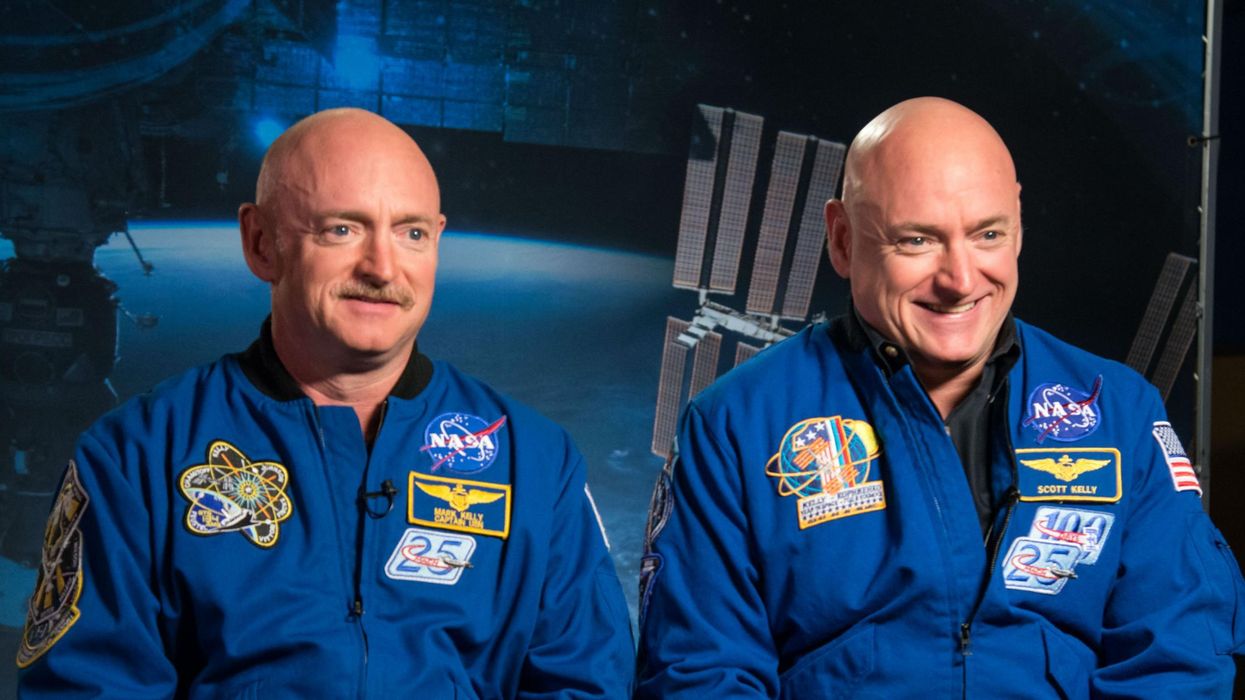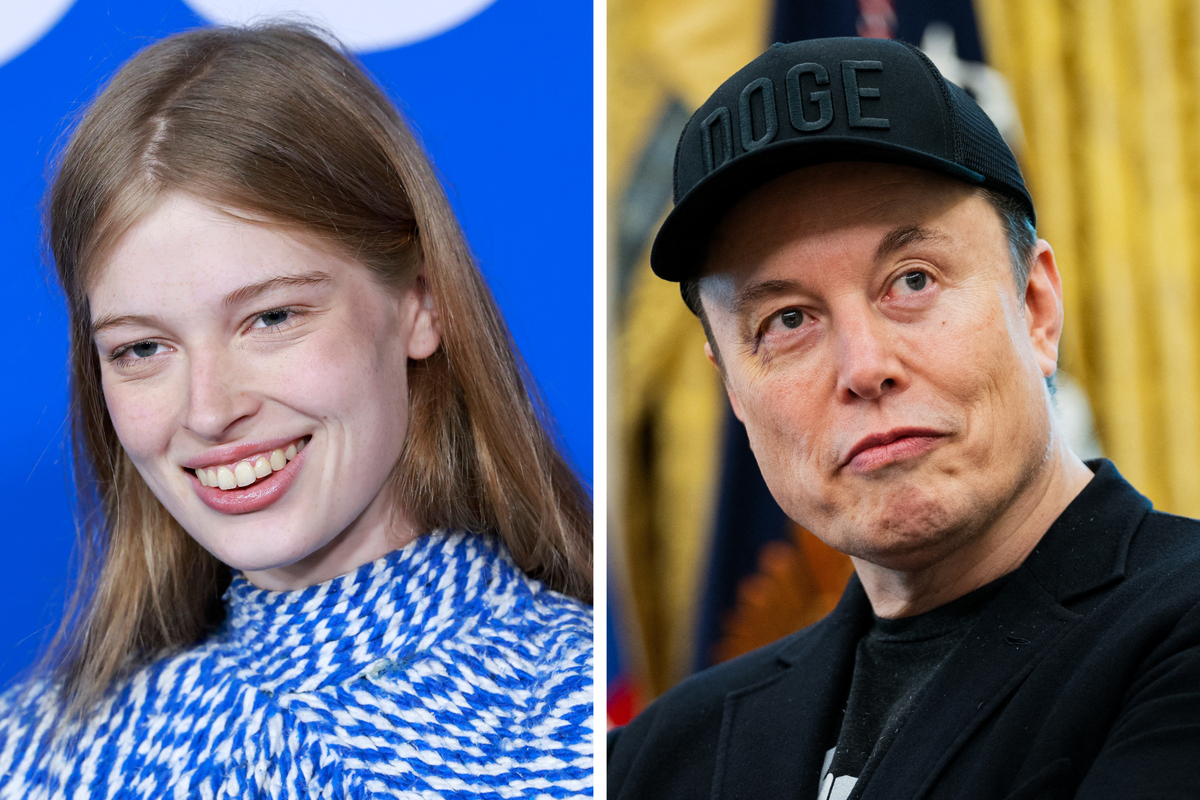News
Greg Evans
Jun 06, 2020

Picture:
Nasa
A 2018 study conducted by Nasa seemed to indicate that the universe had altered the DNA of a twin who was taking part in an experiment in space for a year.
Astronaut Scott Kelly was on board the International Space Station between March 2016 and March 2017. Meanwhile, his twin brother Mark remained on Earth.
The purpose of this was to understand the long-term effects that space travel can have on the human body, in preparation for a potential three-year trip to Mars.
It was part of the 'A Year in Space' study from Nasa and was conducted alongside the Russian cosmonaut Mikhail Kornienko.
When Scott finally returned to Earth, early research suggested that his DNA had been altered by space. A whopping 7 per cent, to give it a precise number.
Those findings initially indicated that Scott's telomeres, aka the end of a chromosome, had grown in length but just two days later, they had returned to normal.
The first press release that the space agency put out seemed to read that Scott's DNA had permanently been changed but that wasn't the case at all.
In fact, only Scott's gene expression had changed by 7 per cent but this isn't something that is unique to space. It can happen on Earth when genes adapt to certain environments.
Nasa has since updated the press release which now reads as follows:
Mark and Scott Kelly are still identical twins; Scott’s DNA did not fundamentally change.
What researchers did observe are changes in gene expression, which is how your body reacts to your environment.
This likely is within the range for humans under stress, such as mountain climbing or scuba diving.
The change related to only 7 percent of the gene expression that changed during space flight that had not returned to preflight after six months on Earth.
This change of gene expression is very minimal. We are at the beginning of our understanding of how space flight affects the molecular level of the human body.
Nasa and the other researchers collaborating on these studies expect to announce more comprehensive results on the twins studies this summer.
Beside a confusingly worded press release, the reasoning behind Scott's minor alteration could have been down to the intense exercise regime he went through on the ISS, where he had to maintain his bone and muscle mass.
Another suggestion for the change could have been down to the healthier diet that Scott was eating on the ISS, which caused his weight and body mass to drop.
Therefore, there is no indication that space travel would affect someone's DNA or immune system after 12 months, yet it remains to be seen if anything more would change after a longer amount of time.
H/T: IFL Science, BGR
Top 100
The Conversation (0)













